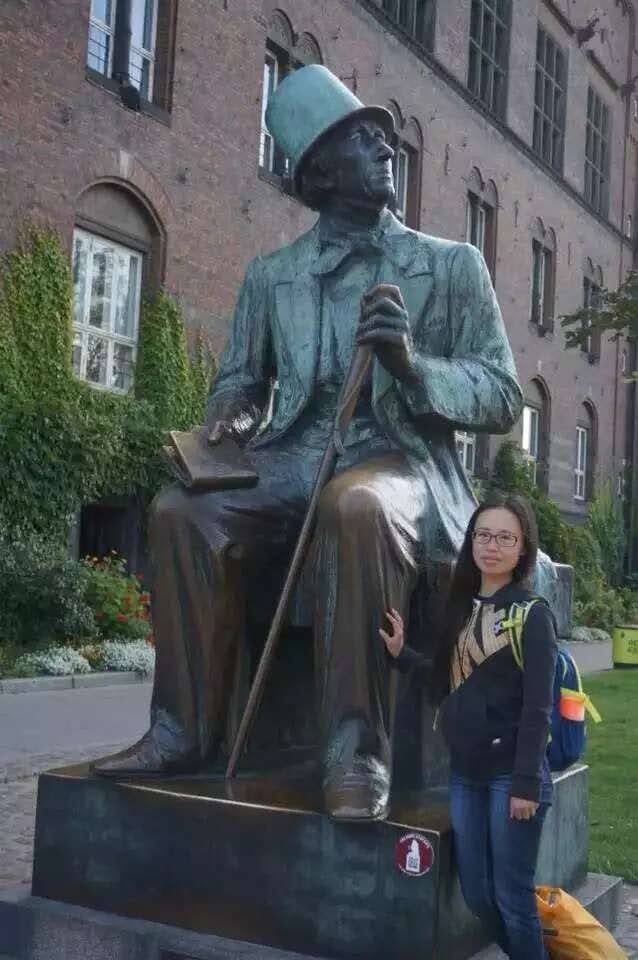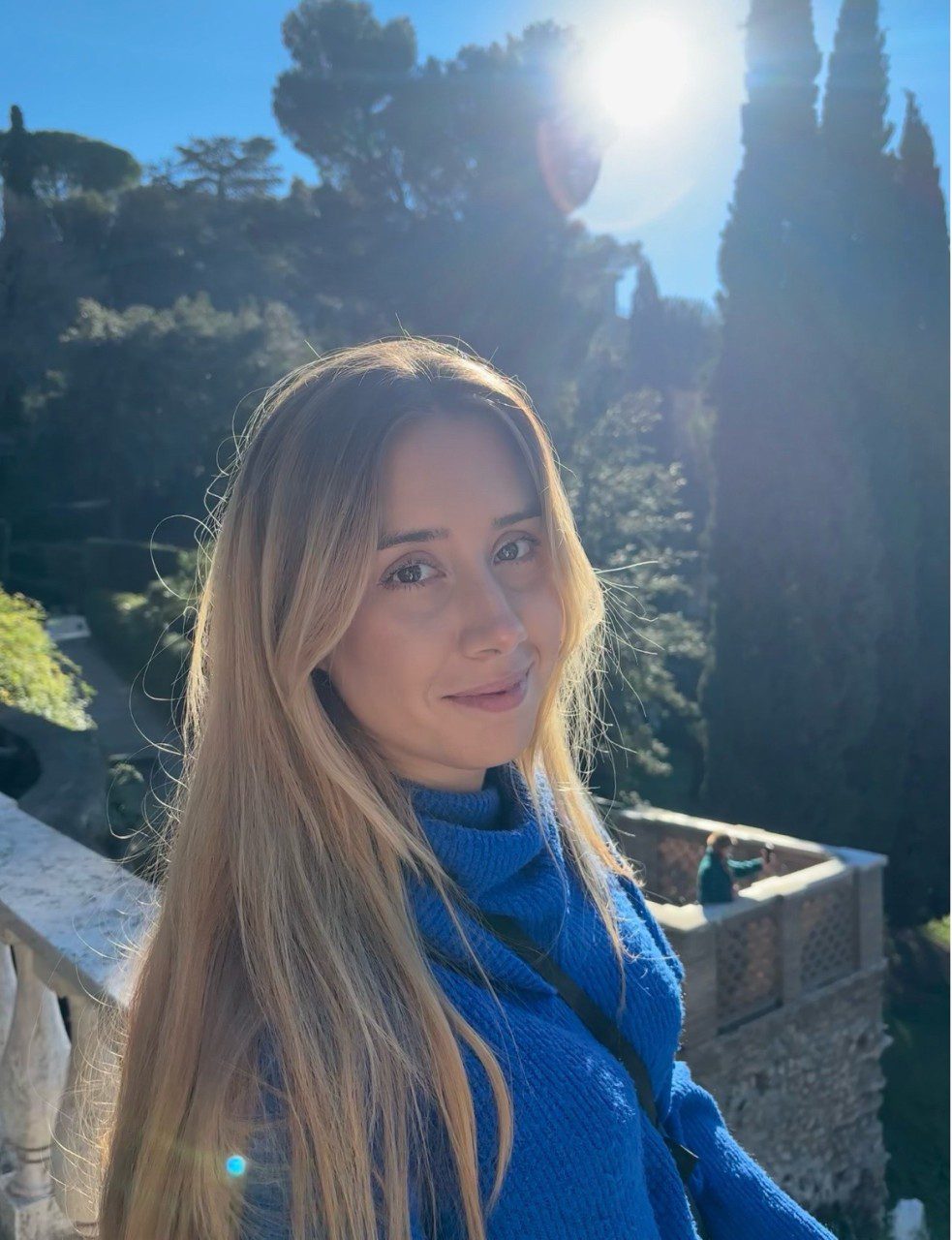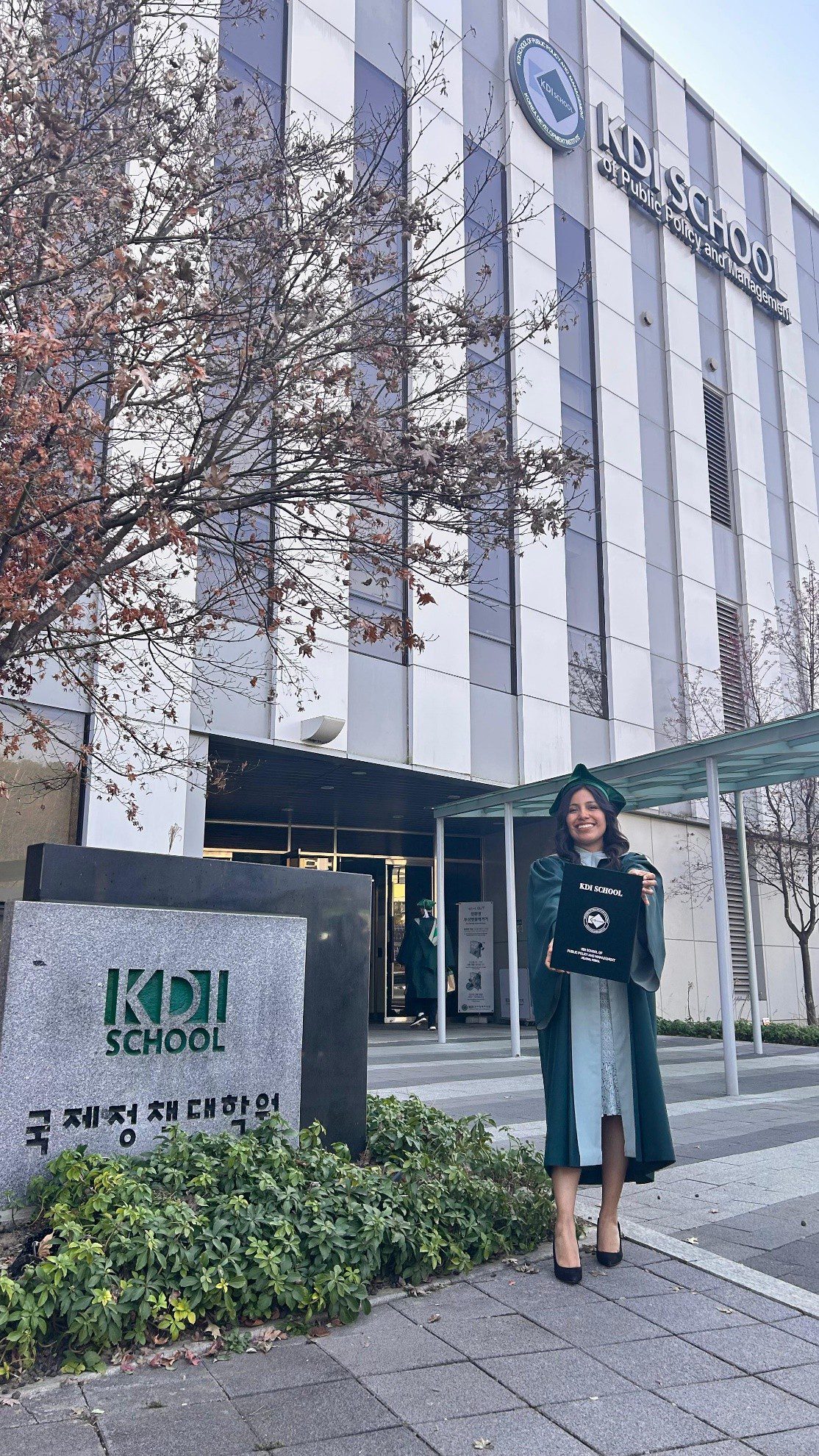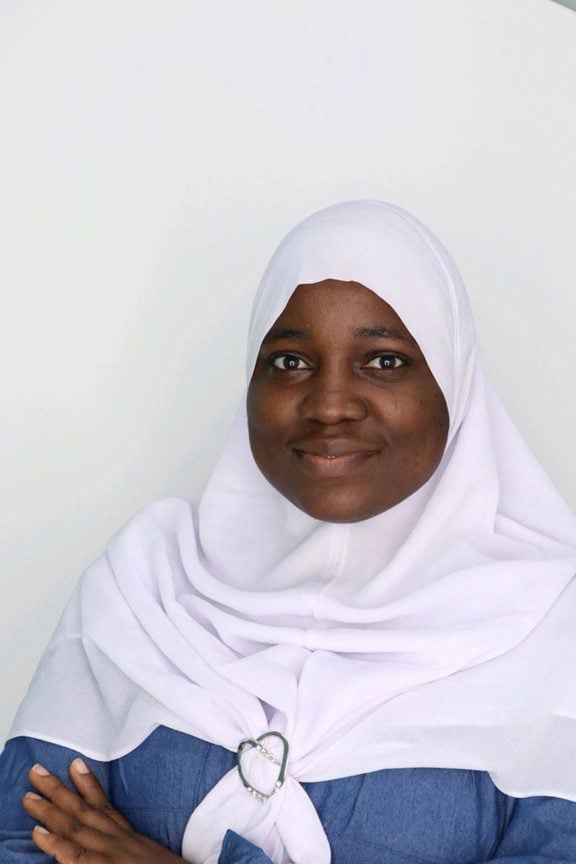Danish Government Scholar, Meina Jia Sandal from China, Pursues a Master’s in Culture, Communication and Globalization at Aalborg University and a PhD in Global Studies at Aarhus University
University: Aalborg University (Master’s); Aarhus University (PhD)
Degree: MA in Culture, Communication, and Globalization; PhD in Global Studies
Previous Education: BA in Journalism and Communication – China
Scholarship: Danish Government Scholarship for Highly Qualified Non-EU/EEA Students – Full Tuition Waiver (Master’s); Fully Funded Employed PhD Program (Aarhus University)
Social Media
LinkedIn: linkedin.com/in/meina-jia/

The Journey
My name is Meina Jia Sandal, and I come from China. Today, I live in Aarhus, Denmark. I earned my PhD in Global Studies at Aarhus University in 2023, and afterward, I worked as a postdoctoral researcher at the University of Copenhagen for one year. Before that, I pursued a master’s in Culture, Communication and Globalization at Aalborg University, supported by a Danish government scholarship for highly qualified non‑EU/EEA students. Later, I was selected for a fully funded PhD position at Aarhus University.
Danish Government Scholarship Details
Scholarship Name: Danish Government Scholarship for Highly Qualified Non‑EU/EEA students (2016-2018)
Institution: Aalborg University (for the master’s degree)
Support Provided: Full tuition waiver
PhD Funding: Employed PhD program (5+3) at Aarhus University
Educational Background
I completed my bachelor’s degree in China (Journalism and Communication). I maintained strong academic performance, which gave me credibility when applying internationally. My undergraduate training in communication, culture, or related fields laid the conceptual foundation I built on in my master’s, and later for my doctoral research in global studies and anthropology.
How Did You Prepare to Apply to Aalborg and Aarhus University?
I gathered information through:
- Official university websites and their international/admission pages
- Scholarship portals and public government scholarship descriptions
- Academic networks and forums of students who have studied abroad, asking directly about their journeys.
- To satisfy language requirements, I took IELTS. I prepared by studying sample exams, taking mock tests, and reviewing areas where I was weak. The good IELTS (7.0) result strengthened my application and met the entry requirements.
How Did You Prepare to Apply to the Danish Government Scholarship?
Because the Danish government scholarship is administered by the universities themselves, the key was to present a strong admission application. My preparation included:
- Writing a compelling statement of purpose, where I connected my academic journey, motivations, and future goals.
- Highlighting my academic achievements, research interests, and how I would contribute to the program.
- Collecting strong recommendation letters, transcripts, and proof of English proficiency.
How Was Your Experience at Aalborg and Aarhus University?
At Aalborg University (Master’s):
The collaborative, problem-based learning model encouraged deep peer-to-peer learning and teamwork across cultures. This experience sharpened my analytical skills and strengthened my confidence in navigating cross-cultural academic settings. During the third semester, I had the opportunity to study at Doshisha University in Japan, which was an unforgettable and enriching part of the program.
At Aarhus University (PhD):
The research environment was both vibrant and supportive. I benefited from seminars, workshops, teaching, and international collaborations, while receiving consistent guidance and encouragement from my supervisor and colleagues. With full funding, I could dedicate myself entirely to my research. During the program, I also had the chance to work at PolyU in Hong Kong, which broadened my academic and cultural perspectives even further.
How Does the Institution Support International Students?
Both Aalborg and Aarhus universities have well-organized international offices that assist with orientation, visa procedures, housing, and language support. They also provide guidance in navigating administrative matters and integrating into campus life.
Are Your Classes Conducted in English?
Yes, throughout both my master’s and PhD, all courses and seminars were conducted in English, which made the programs fully accessible to international students who did not speak Danish. In addition, I was able to take advantage of free Danish language courses offered during my first five years in Denmark, which helped me integrate better into daily life outside the classroom.
Would Potential Students Have Any Academic Problems Not Knowing the Native Language?
In terms of coursework and research, no, because programs are in English. However, not speaking Danish can make everyday life a bit more challenging (e.g., interacting in local communities, understanding local culture, informal conversations). Learning some level of Danish is beneficial for integration and daily living.
What Do You Think Made Your Application Stand Out?
I think my strengths were:
- Strong academic record and background in relevant fields.
- Clear, well‑focused research interests that fit the Danish programs.
- A well-crafted statement of purpose that tied together my past experiences, present goals, and future aspirations.
- Attention to detail (e.g., well-organized documents, clean formatting, strong recommendations).
What Would You Have Done Differently?
If I could do it again, I would start learning Danish earlier, not because it was required academically, but so I could integrate socially and culturally more quickly. Also, I would engage more with local communities early to build networks outside the academy.
What Advice Would You Give to Those Applying for a Similar Scholarship?
- Start early. Give yourself enough time for research, test prep, and writing.
- Read scholarship and university guidelines carefully and follow all instructions strictly.
- Invest in your essays and statements. They are your voice: clarity, coherence, and passion matter.
- Get feedback. Ask mentors, peers, or past scholars to review your materials.
- Don’t be discouraged by competition. If your profile is strong and you present yourself well, you have a real chance.
- Be proactive in integrating socially and culturally. Academic success is important, but forging connections and adapting to life abroad makes the journey richer.
Want to submit your
scholarship journey?
Submit Your Story Here!
More Scholarship Recipients

Hi! My name is Arawa. I’m a Marie Skłodowska-Curie PhD researcher working on AI-based neuroimaging biomarkers for Parkins .... Read more

Hello! My name is Alexandra Eras, and I am from Ecuador. I studied Economics and completed a major in Gender, Violence, and .... Read more

My name is Zainab Bukola Winjobi-Arikewuyo. I earned my Bachelor’s degree in Religion (Islamic Studies) from the Universit .... Read more

Leave A Comment